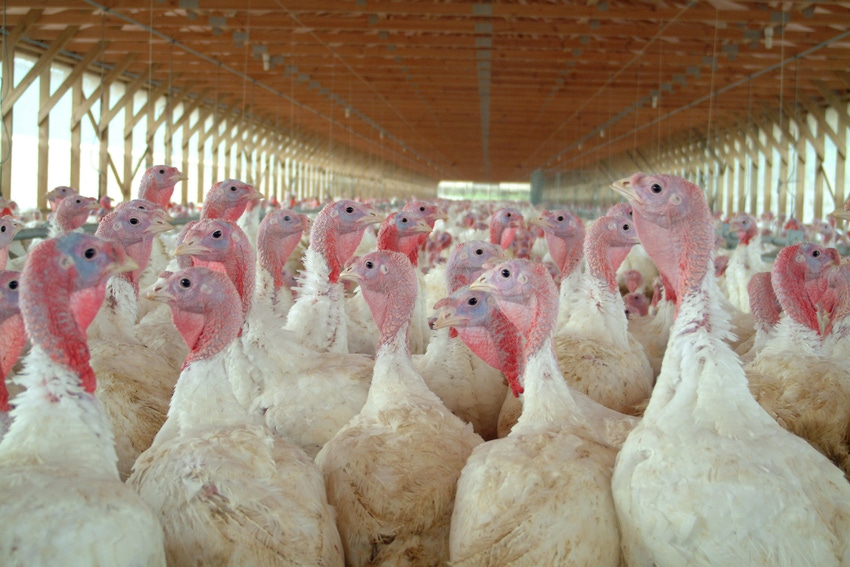Pennsylvania county becomes avian flu hot spot
Governor announces additional $25 million to help cover losses.
3 Min Read

Getty Images/ iStock
About the Author(s)
Subscribe to Our Newsletters
Feedstuffs is the news source for animal agriculture
You May Also Like





